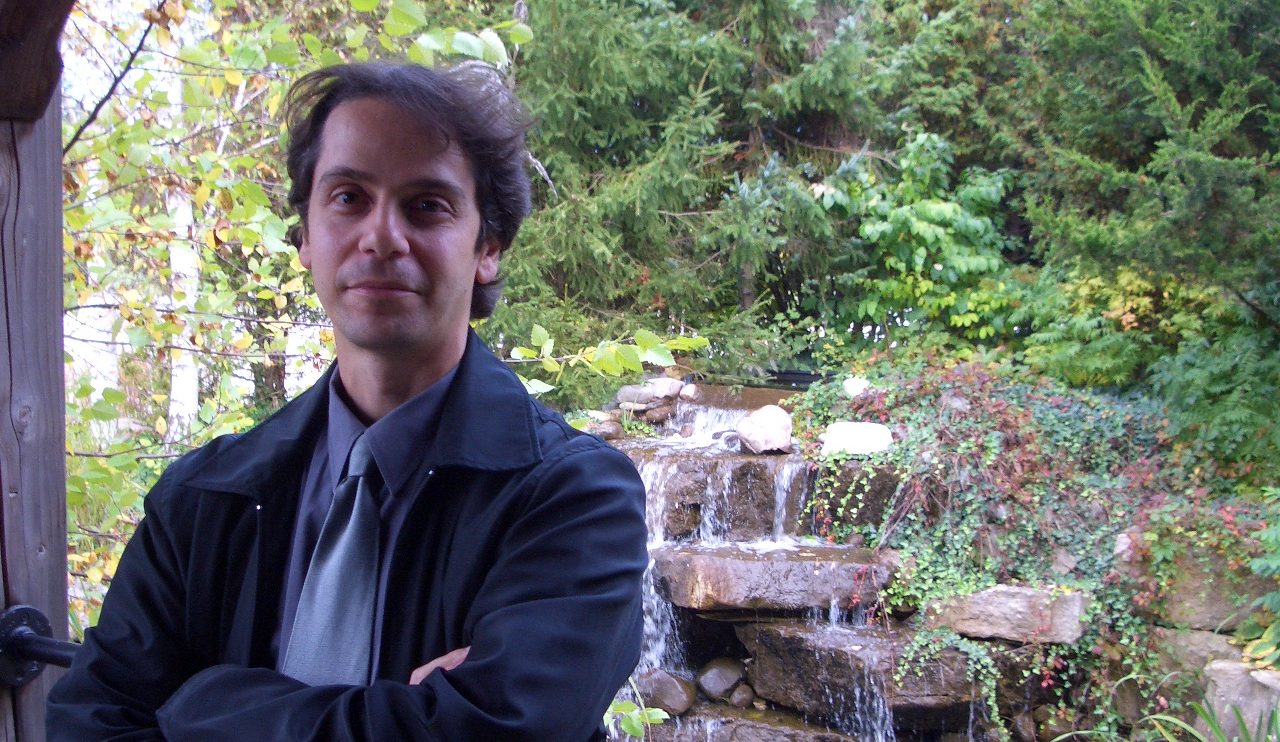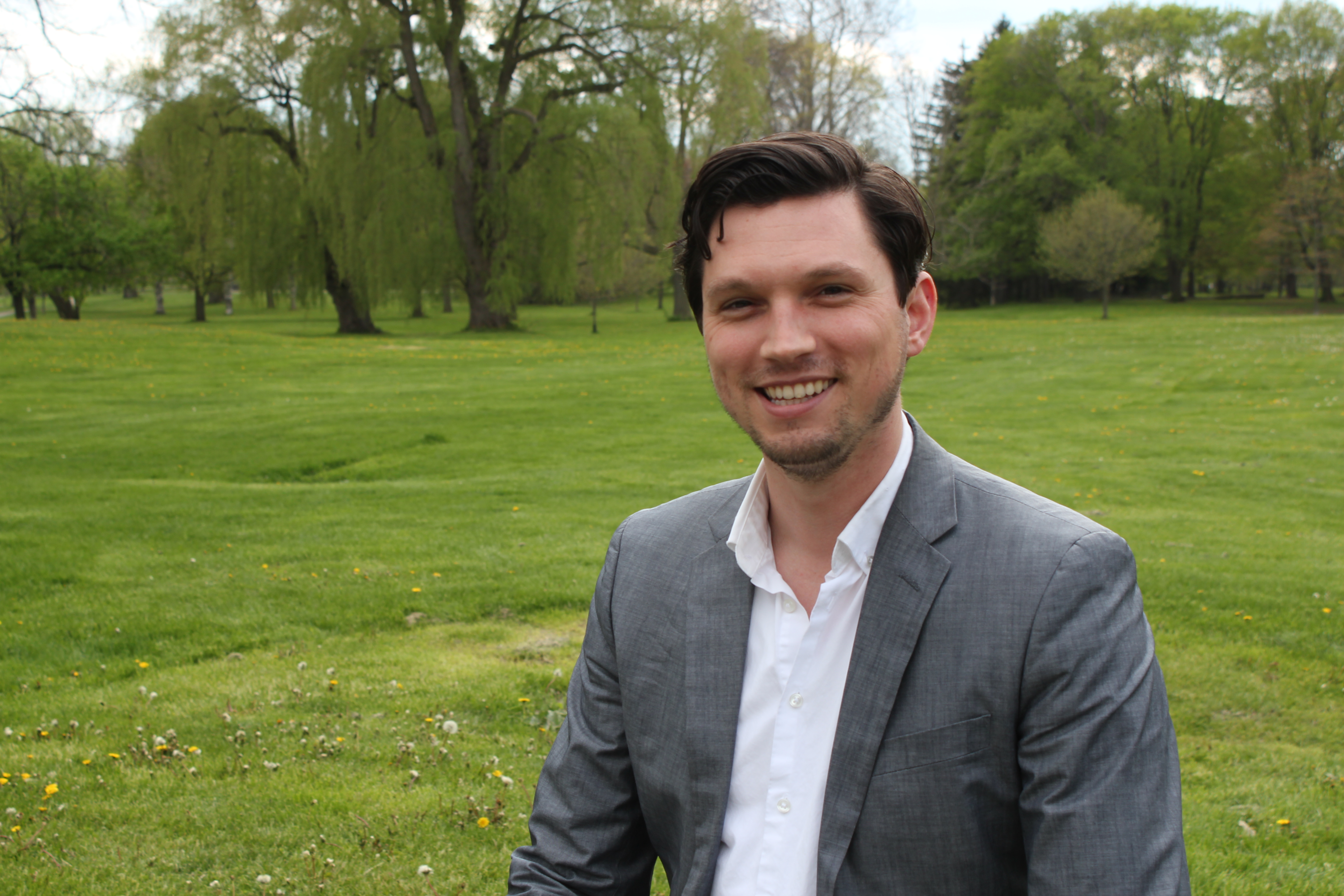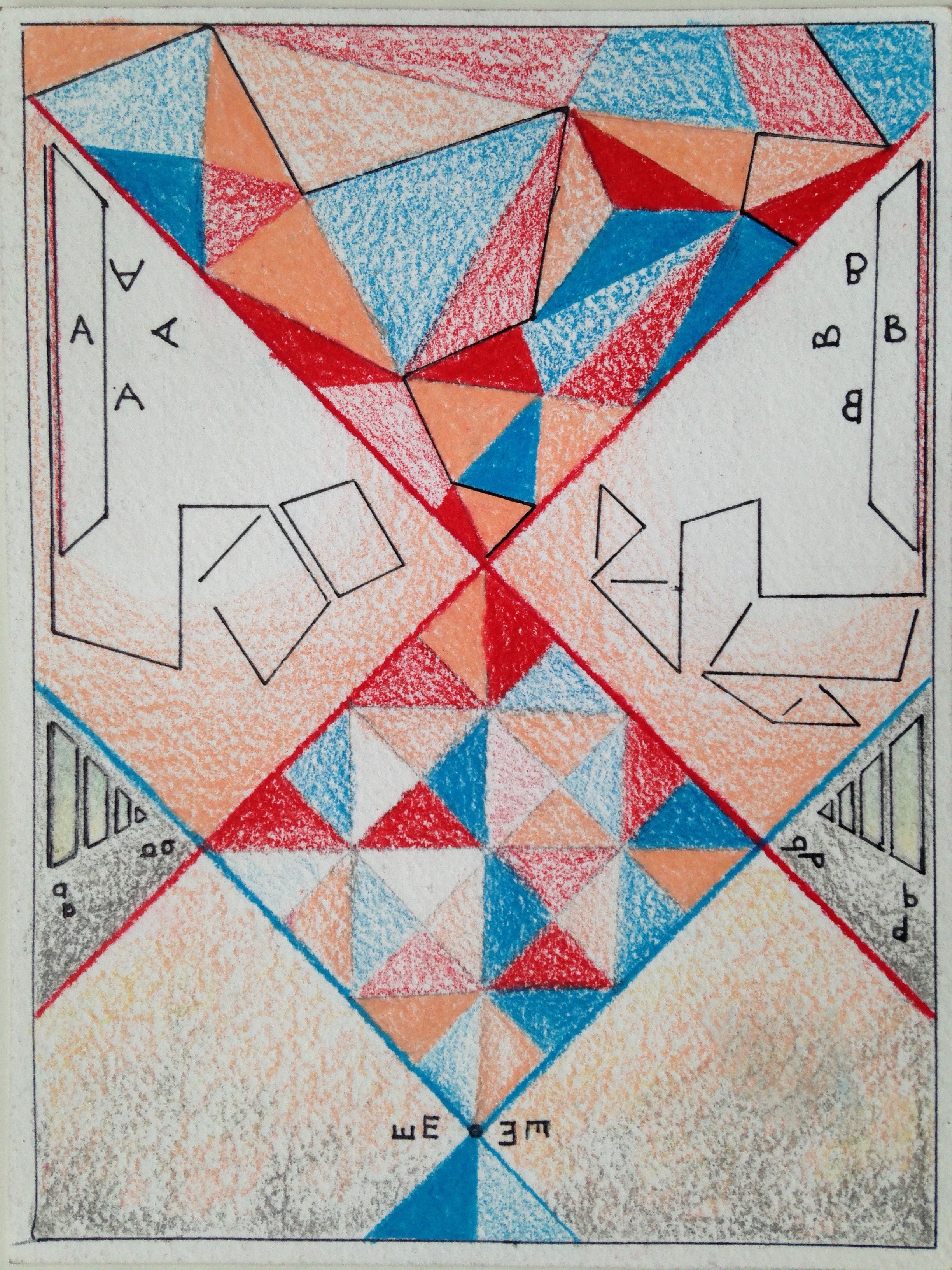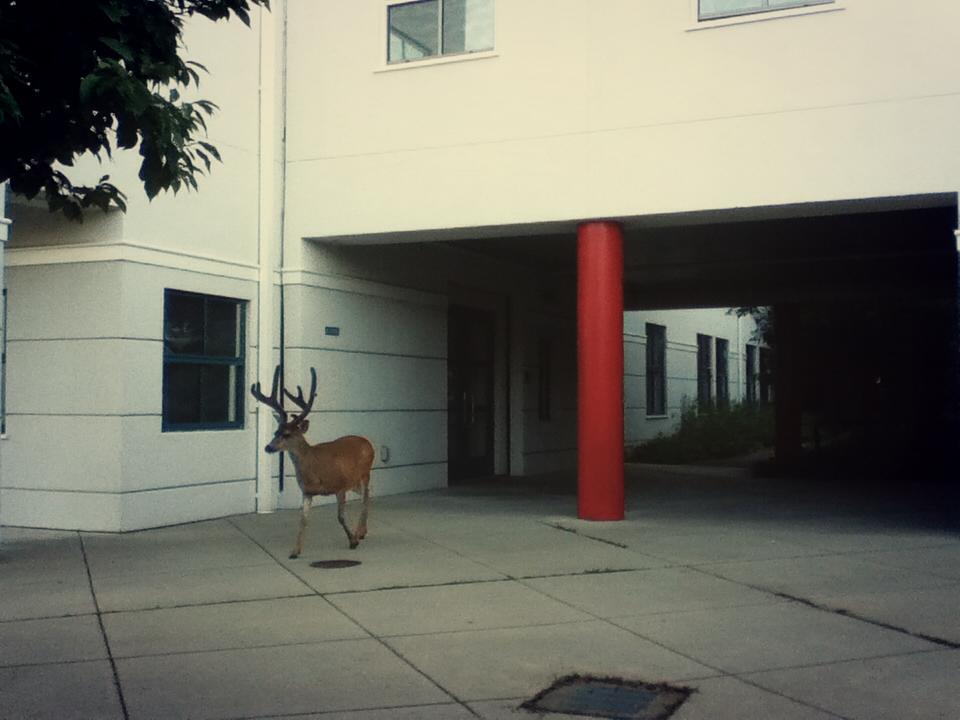Where physics meets computation: Interview with Michael Cuffaro
Interview by Philippos Papayannopoulos Michael Cuffaro is a philosopher of science who thinks about philosophical issues in quantum mechanics, about the nature of computing, about the interplay between them, about the notion of explanation in science, about complexity of algorithms, about Solomonoff Induction (I don’t know what this is either, but we’ll soon find [...]




